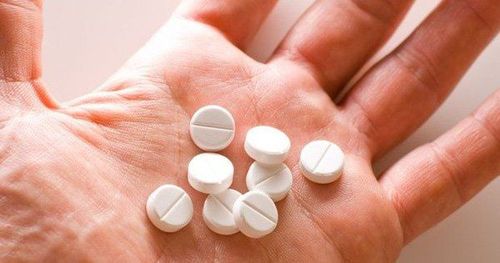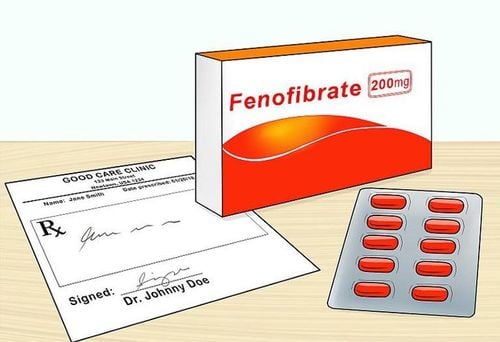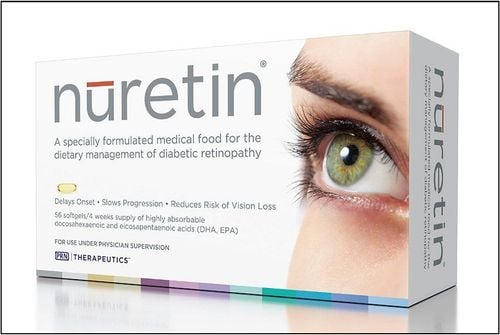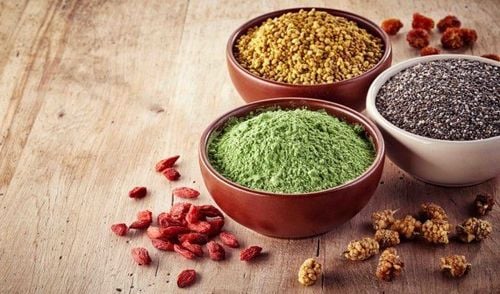This is an automatically translated article.
People over the age of 65 are at a higher risk of food poisoning and become more sensitive to certain foods that are not good for the elderly. So what should the elderly not eat to ensure health safety1. Raw or undercooked food 1.1. Raw or poached eggs Some types of eggs are manufactured according to safety standards, stamped with the censorship logo on the shell, and can be eaten raw or partially cooked (peach).
However, people with weak immune systems and on a strict diet due to a medical condition should only eat well-cooked eggs, cooked until the whites and yolks are thick. Duck eggs, quail eggs and goose eggs are the ones that must be cooked before eating.
What to eat menus for the elderly should avoid using raw or undercooked eggs, and any foods containing this ingredient, such as homemade mayonnaise. Raw egg dishes can increase the risk of food poisoning from salmonella bacteria.
1.2. Salted meat Many types of cured meat, dried meat is not cooked, only dried, soaked and fermented, so there is a risk of containing the parasite that causes toxoplasmosis. When choosing foods for the elderly, it is best to check the directions on the packaging to see if the product is ready to eat or needs to be processed.
For ready-to-eat meats, you can reduce the risk of poisoning from parasites by freezing meat for 4 days before eating. Freezing kills most parasites, making bacon safer.
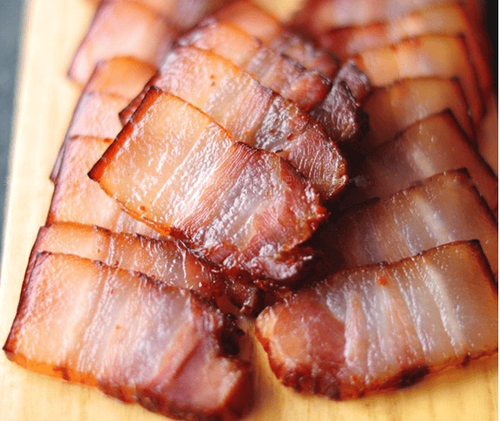
Thịt muối là thực phẩm có nguy cơ chứa ký sinh trùng gây bệnh toxoplasmosis
1.3. Undercooked or undercooked cattle/poultry meat Outdoor BBQs often don't cook the meat thoroughly. Undercooked or undercooked meat - especially poultry, hot dogs and burgers - can contain botulism bacteria such as salmonella, campylobacter and E.coli.
Make sure to cook livestock/poultry meat thoroughly until no trace of pink blood remains. Don't forget to wash your hands, as well as sanitize all kitchen surfaces and knives after preparing raw meat or poultry to avoid spreading germs.
1.4. Raw seafood Raw shellfish, such as mussels, shrimp, crabs, oysters and clams, can contain harmful bacteria and viruses, leading to food poisoning. When preparing food for the elderly, seafood should be cooked before eating to ensure safety.
Similarly, sushi and other dishes made with raw fish are only as good as pre-frozen. Sometimes fish contain small parasitic worms that cause disease. But freezing kills the worms and makes the fish safe enough to eat raw.
Sushi sold in stores is generally quite safe because it has been properly frozen. If you make your own sushi at home, freeze the fish for at least 4 days before using.
2. Foods that cook for too long In contrast to the raw or rare dishes mentioned above, food for the elderly should not be over-processed. This is because cooking for too long can reduce the vitamin, nutrient and fiber content. If the elderly eat for a long time, intestinal and digestive diseases will arise.

Các món ăn nấu quá lâu có thể bị giảm đi hàm lượng vitamin không tốt cho người cao tuổi
Similarly, food for the elderly if fried too deep is also very difficult to digest, because the digestive system is weakened with age. In addition, fried foods are also very high in energy, which can cause fat accumulation and obesity due to a sharp decrease in metabolism. In the long term, it can affect brain and bone health and increase the risk of diseases such as cancer and diabetes.
3. Raw milk and unpasteurized cheese Milk Do not drink unpasteurized raw milk. Instead, use pasteurized milk or milk that has been superheated. Practically all milk sold in stores and supermarkets has been pasteurized or heat-treated. You can only buy unpasteurized milk directly from farms, farmers' stores, and at farmers markets.
Cheese Any soft cheese that has not been pasteurized is not good for the elderly. These cheeses can be risky for the elderly because they contain less acid and more moisture than hard cheeses. This is an ideal environment for food poisoning bugs to thrive, especially listeria. Cooking cheese to high heat can kill these bacteria.
4. Some other foods are not good for the elderly 4.1. Barbecue As we age, the health of the immune system and intestinal system begin to decline, leading to indigestion when using grilled meat. Grilled dishes directly on fire also create carcinogenic substances, especially for groups of people with a history of disease or weak health.

Món nướng không phù hợp với người cao tuổi có hệ miễn dịch kém
4.2. Pâté Elderly people should try to stay away from all fresh or chilled pates, as they may contain listeria. However, canned pate can be a food for the elderly because it has undergone heat treatment while canning.
On the other hand, the main ingredient of pate is animal liver, which is also one of the foods that are not good for the elderly. Abuse of animal organs will lead to high blood pressure, gout, high cholesterol, cardiovascular disease and diabetes.
4.3. Bean sprouts Elderly people must be careful with raw or lightly roasted bean sprouts as this can be a potential source of poisoning. The warm and humid weather conditions, necessary for mung bean sprouts to grow into bean sprouts, are also ideal environments for bacteria to grow rapidly. So make sure to cook all sprouted seeds like bean sprouts before eating.
4.4. Soybeans Many people do not know that soy is also on the list of what the elderly should not eat. If soy is eaten regularly and too much, the elderly can be at a disadvantage, namely, impaired arterial and venous health - a leading cause of heart failure.
4.5. Ice Drinks with a lot of ice are not beneficial to the health of the elderly, because they slow down the production of stomach enzymes, leading to an increased risk of gastrointestinal diseases. Moreover, if the stone is not hygienic, long-term use will become a burden on the intestinal tract.
4.6. Soft drinks Sweet foods are generally addictive, if abused, they will accumulate fat, obesity and bone loss in the elderly. In particular, special soda beverage is not a food for the elderly because it is not only low in nutrients, but also contains many harmful additives to health, such as chemicals to increase aroma, color and effervescence. ... Carbonated soft drinks also contain many artificial sweeteners, long-term use is easy to cause diseases, especially diabetes, heart disease, and even cancer because they contain many dangerous carcinogenic compounds.
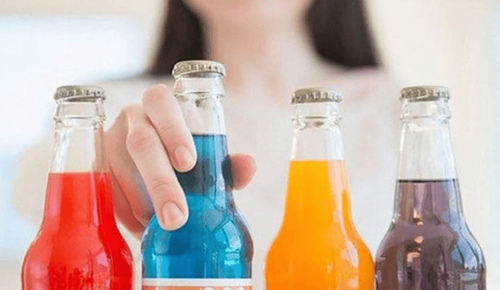
Sử dụng nước ngọt có thể gây ảnh hưởng xấu đến sức khỏe của người cao tuổi
Poor health makes the symptoms of food poisoning in the elderly can lead to dangerous complications, even life-threatening. Older people also take longer to recover from illness. These unhealthy foods for the elderly also pose a risk of harm to people with weakened immune systems or other underlying health conditions, as well as pregnant women, infants and young children. If there are signs of suspected food poisoning, seek medical attention or call 911 immediately.
Please dial HOTLINE for more information or register for an appointment HERE. Download MyVinmec app to make appointments faster and to manage your bookings easily.
Reference source: Nhs.uk



